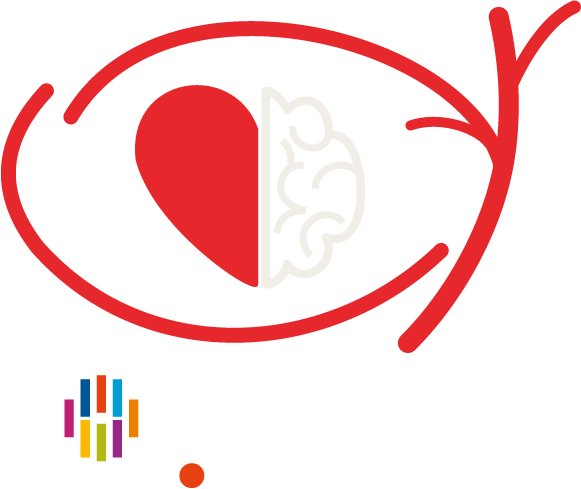Vascular biology deals with the interaction of blood vessels with a normal or pathological environment. In recent years, research has focused intensely on the dynamic processes in the vasculature. This process named angiogenesis has led to very important research that is highly relevant to medicine and human health. The formation and function of new blood vessels is not only essential for embryonic development, postnatal growth and wound healing but also contributes significantly to pathological conditions. Insufficient or abnormal angiogenesis leads to tissue ischaemia (e.g. ischaemic heart or cerebral diseases), whereas excessive vascular growth promotes cancer, chronic inflammatory disorders (e.g. arthritis or psoriasis) or ocular neovascular diseases.
Project
The goal of our group is to understand the molecular mechanisms that control blood vessel development and function. Our strategy is to develop a highly integrative research applying molecular, biochemical and metabolism approaches to ask questions that are both fundamental and applied – from molecular cell adaptation mechanisms in ischemic conditions to vascular vessel growth study. We take a “bottom up” approach. In a first step, we identify important proteins, signaling pathways or cell interactions in vascular pathophysiology. In a second step, we employ novel transgenic technologies to manipulate these conditions in vivo and develop large animal models. Ultimately, we transpose scientific results to clinical application.
Our project focuses on 4 complementary aspects of vessel formation:
– Wnt/Frizzled and Hedgehog signaling pathways in coordinating metabolism, formation, maturation and remodeling of the vascular network
– Influence of platelets in endothelial cells properties
– Pharmacological and experimental approaches of drugs that may impair angiogenic pathways
– Effective organ perfusion in situation of ischemic heart hemodynamic failure in experimental model and human clinical trial.
A better understanding of the complex mechanisms supporting the formation, the organization and the maintenance and functionality of vessels in post-ischemic tissues is a pre-requisite for improving treatment of ischemic pathologies.
